Overview of Sustainable Agriculture Practices Course
Sustainable agriculture focuses on farming practices that preserve resources, ensure economic viability, and promote social equity. It emphasizes long-term productivity without harming the environment or human health. Practices include crop rotation, organic farming, reduced pesticide use, and conservation tillage.
- Soil Health: Learn soil composition, nutrient management, and erosion control through composting and cover cropping.
- Water Conservation: Focuses on efficient irrigation, rainwater harvesting, and water-use optimization techniques.
- Crop Management: Learn crop rotation, polyculture, and integrated pest management for increased yields.
- Sustainable Livestock Farming: Practices for humane livestock husbandry, grazing management, and organic feed.
- Agroecology: Explore ecosystem management and biodiversity integration for resilience.
Benefits to the Environment
Sustainable practices reduce greenhouse gas emissions, protect water sources, and foster biodiversity by creating habitats and promoting ecological balance.
Advantages for Farmers and Consumers
Farmers benefit from enhanced soil fertility and reduced costs, while consumers enjoy high-quality, nutritious food grown through environmentally friendly methods.
Core Modules of the Course
Soil Management
The Sustainable Agriculture Practices Course covers essential soil management techniques. Topics include soil health assessment, organic matter management, and erosion control strategies.
- Soil health assessment: Utilises soil tests to determine nutrient levels, pH, and microbial activity.
- Organic matter management: Explores composting, green manures, and cover cropping to maintain soil fertility.
- Erosion control strategies: Features contour ploughing, terracing, and buffer strips to prevent soil loss.
These techniques ensure long-term soil productivity and health.
Water Conservation Techniques
Water conservation is crucial in sustainable agriculture. The course details methods like rainwater harvesting, efficient irrigation systems, and drought-resistant crops.
- Rainwater harvesting: Involves collecting and storing rainwater for agricultural use.
- Efficient irrigation systems: Such as drip and sprinkler irrigation, reduce water wastage and deliver water directly to plant roots.
- Drought-resistant crops: Crops like sorghum and millet require less water and thrive in arid conditions.
These methods optimise water use in agricultural practices.
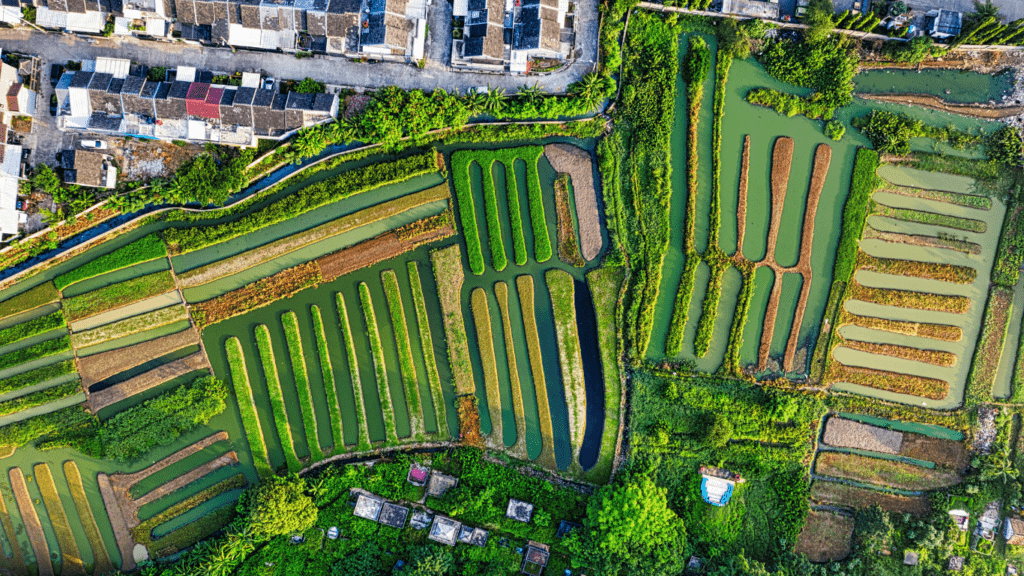
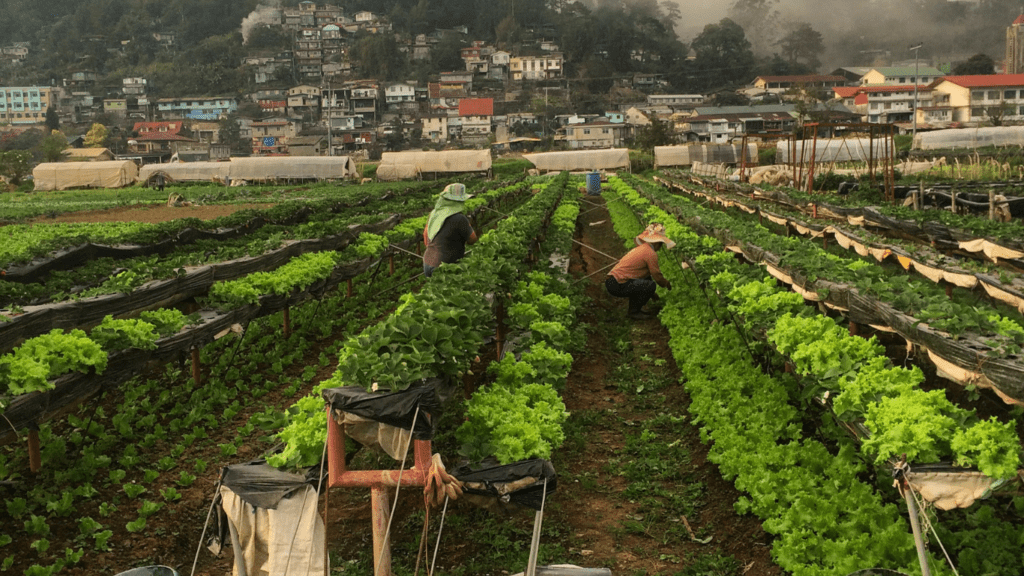
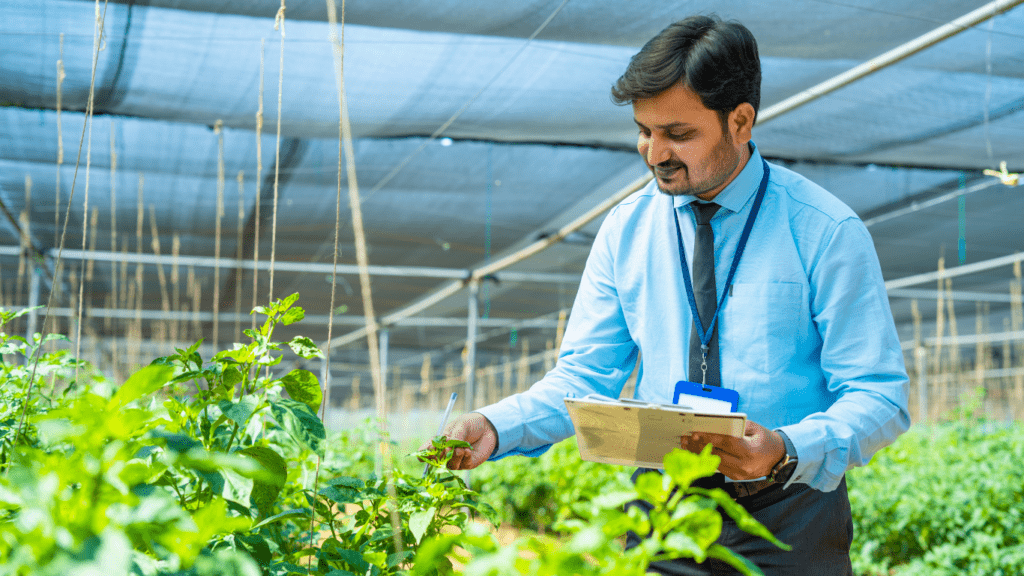
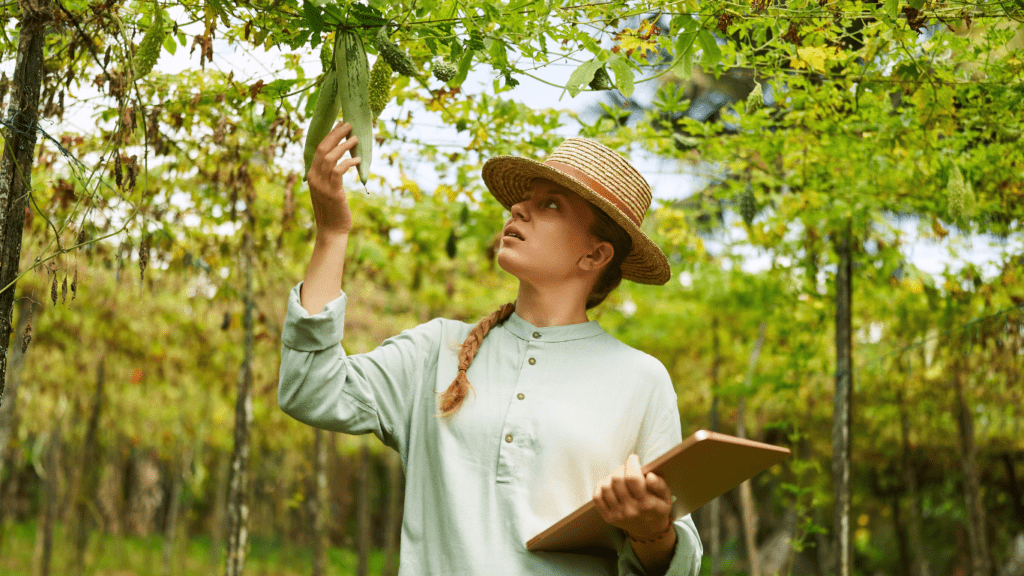


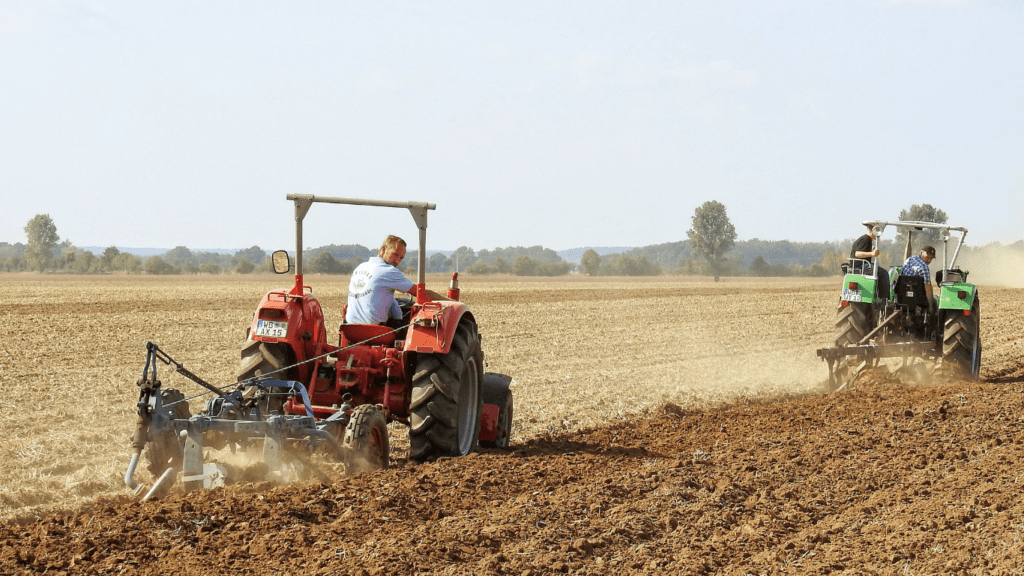
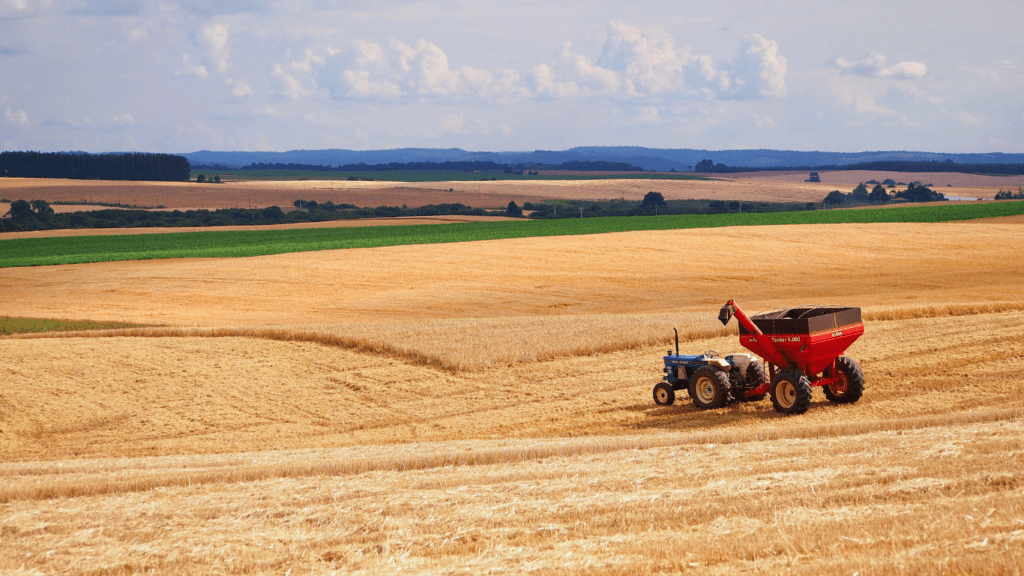
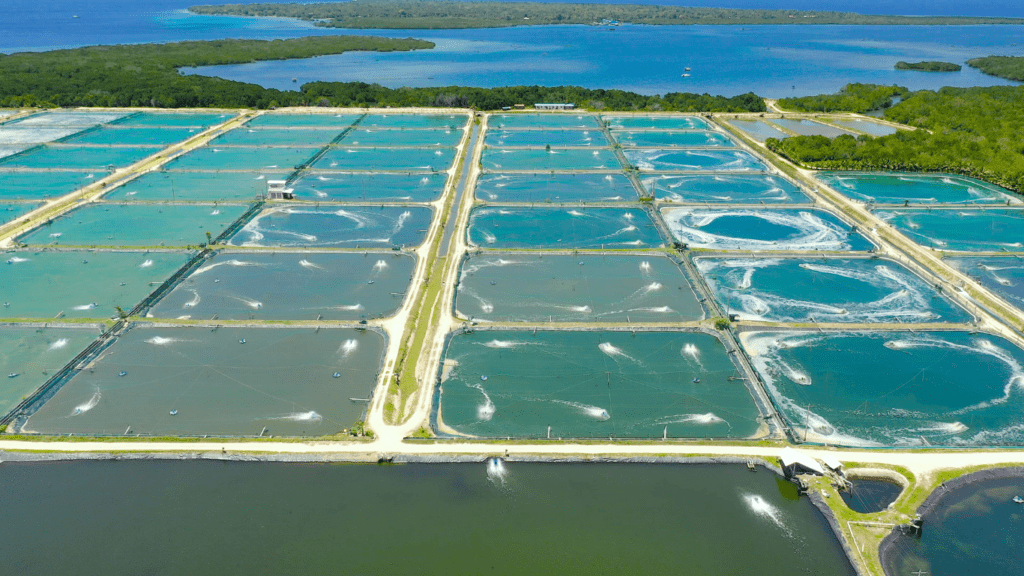
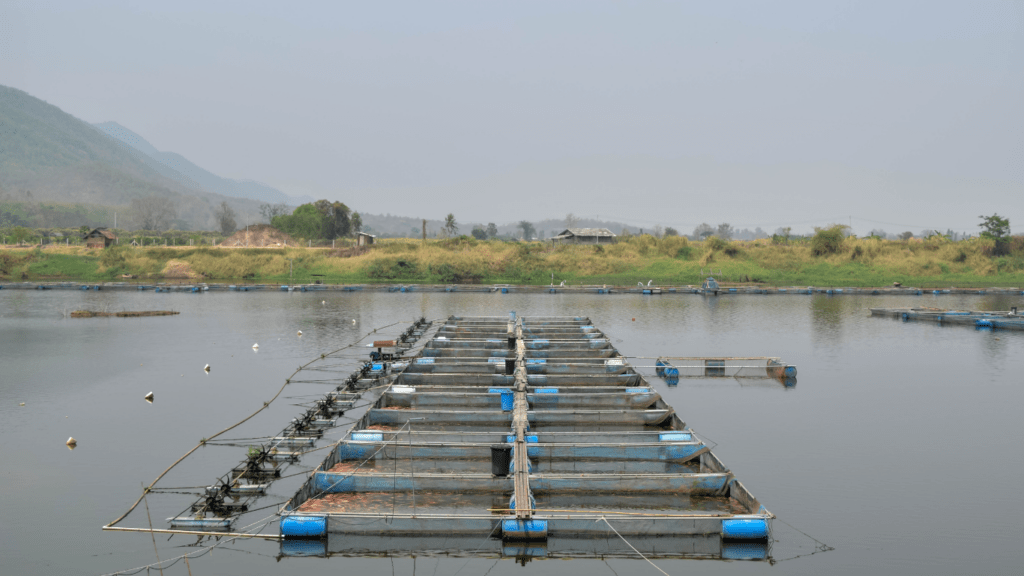
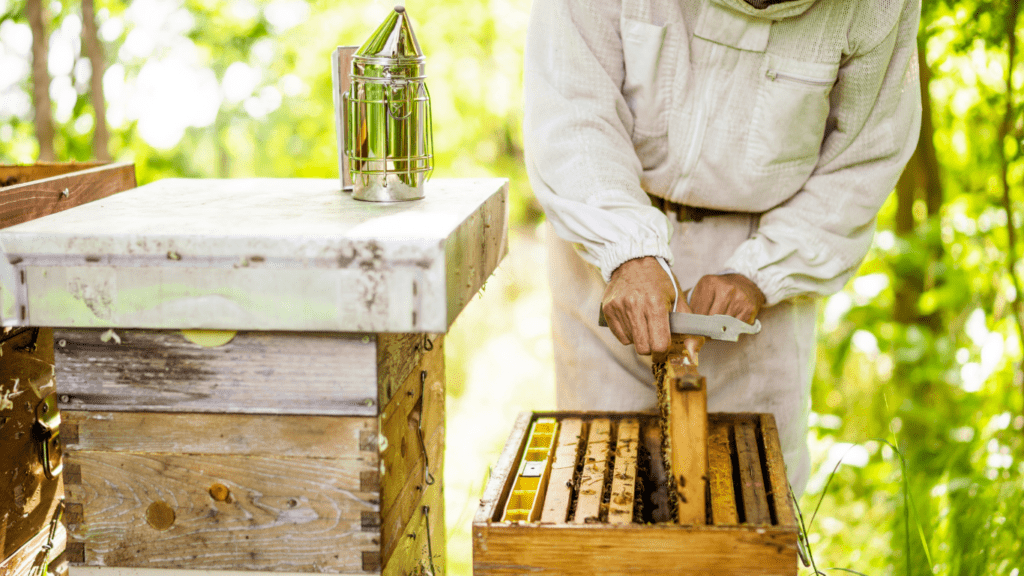
Core Modules of the Course
Soil Management
The Sustainable Agriculture Practices Course covers essential soil management techniques. Topics include soil health assessment, organic matter management, and erosion control strategies.
- Soil Health Assessment: Utilises soil tests to determine nutrient levels, pH, and microbial activity.
- Organic Matter Management: Explores composting, green manures, and cover cropping to maintain soil fertility.
- Erosion Control Strategies: Features contour ploughing, terracing, and buffer strips to prevent soil loss.
These techniques ensure long-term soil productivity and health.
Water Conservation Techniques
Water conservation is crucial in sustainable agriculture. The course details methods like rainwater harvesting, efficient irrigation systems, and drought-resistant crops.
- Rainwater Harvesting: Involves collecting and storing rainwater for agricultural use.
- Efficient Irrigation Systems: Such as drip and sprinkler irrigation reduce water wastage and deliver water directly to plant roots.
- Drought-Resistant Crops: Like sorghum and millet, require less water and thrive in arid conditions.
These methods optimise water use in agricultural practices.
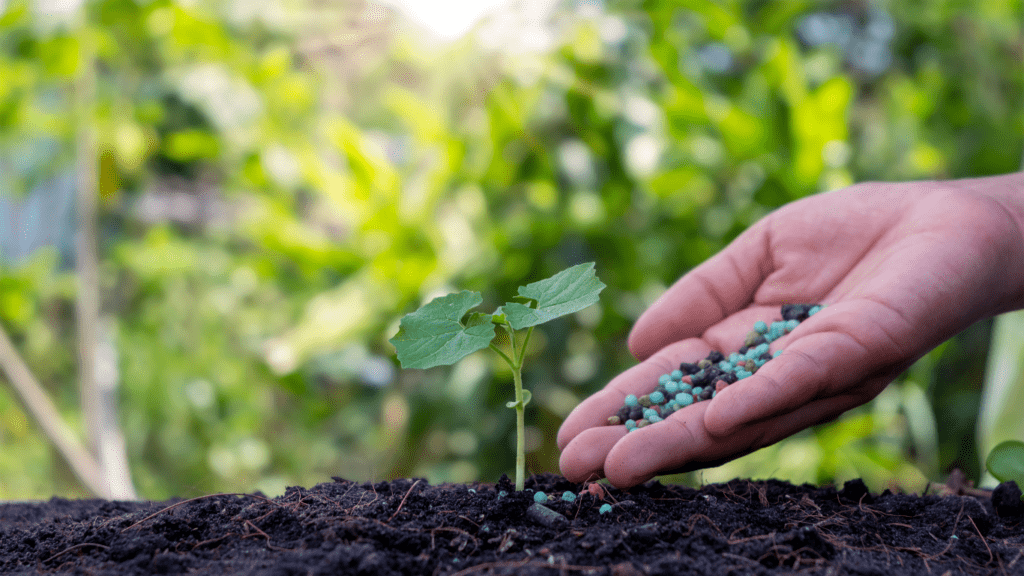

Comparison With Traditional Farming Courses
Teaching Methods
Sustainable Agriculture Practices Courses use more interactive and participatory approaches. Fieldwork, hands-on workshops, and peer-to-peer learning sessions dominate the curriculum.
In the sustainable agriculture model, students engage with live projects and real-world problem-solving. Digital tools and platforms are also more integrated, providing online resources and interactive modules.
Curriculum Differences
Sustainable Agriculture Practices Courses focus on ecological balance and long-term sustainability. Topics include soil health, water conservation, and biodiversity enhancement with practical examples like crop rotation and organic matter management.
Traditional farming courses typically emphasise yield maximisation and conventional methods. Chemical fertilisers, pesticides, and monolithic crop systems often get priority over environmental concerns.
Sustainable courses integrate the latest research on climate-smart agriculture and regenerative practices, ensuring adaptability to changing environmental conditions.